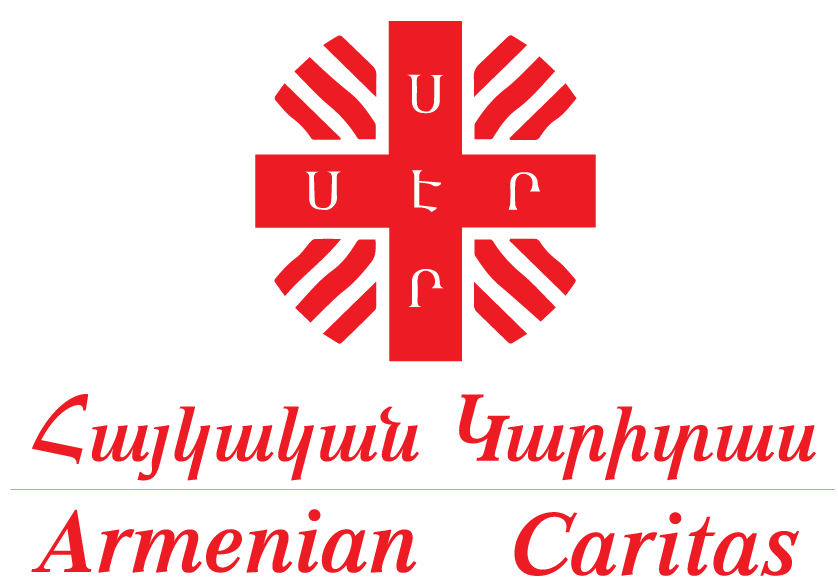GOAL: Mechanisms of meeting social needs, integration of the elderly in community life and mechanisms of active ageing are ensured for the disadvantaged elderly that live in difficult conditions of life.
According to the data of the RA National Statistical Service, birth rate reduction and migration outflows have led to a situation when as of January 1, 2016, the working age population (16-62 age group) makes up 66.3% (2 995,1 million) of the total number of the RA resident population. The population below working age (0-15 age group) is 20.8%, and the number of people aged 63 and over makes up 12.9% (387 659 people) of the total number of the resident population. The number of people aged 65 and over stands at 323 100 or makes up 10.8% of the total number of the population. There is a tendency for increase in the number of the elderly within the total number of the population. Thus, as of 2011, the number of people aged 63 and over made up 11.5% (376 100 people) of the total number of the population. Over the past five years, the increase in the number of the elderly within the total number of the population made up 1.4% or 11 559 people.
Armenia has moved closer to and now finds itself at the upper threshold of ageing societies. The forecast of the United Nations Population Fund points to the fact that Armenia will soon be crossing that threshold. According to the forecast, in the 2050s people aged 65 and over will make up 22-23% of the population.
According to the statistics, the poverty level in Armenia stands at approximately 30%, 24% among the 60-64 age group, and 32% among those aged 65 and over. As of January 1, 2016, due to lack of means for living, 47 276 pensioners are registered at the vulnerability system. Out of this number 35 867 people, or 9.2% of the total number of the elderly, receive family allowance.
Armenian Caritas believes that the elderly people in Armenia deserve a dignified life, should access affordable healthcare, social and cultural services and receive adequate at-home care services ensured by the state.
Sustainable care services include primary health care services, medicine/ nursing/care items provision, social care services, protection of hygiene, social workers’ services for conducting intermediator works with state structures, leisure activities, dietary food provision, etc.
